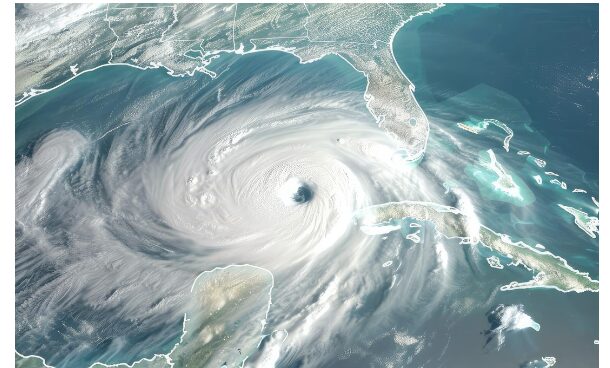
Although hurricane season (June 1 to November 30) is our least favorite time of year in terms of weather, we understand that Mother Nature is in charge! Since it’s our job to manage through the process as best we can, here are some hints on how best to prepare for the potential, cope upon arrival and respond when it’s over. Even though we are almost through the peak season (typically mid-August to mid-October), it’s still important to be ready with a sound hurricane plan to protect you, your family and your home.
Once a hurricane is forecasted for our area, it’s important to watch the timeline for progression, as it can be shorter than we realize, creating panic, long lines and shortages.
• Advisory – lowest level warning: conditions expected to cause significant inconveniences that may be hazardous
• Watch – 48 hours out: conditions possible, creating the trigger for your family’s plan to take proactive measures
• Warning – 36 hours out: conditions expected that require the execution phase to ensure your household’s safety
The time between a watch (48 hours) and a warning (36 hours) can change quickly, especially if it’s during the overnight hours. It’s quite possible to go to bed with a watch status and wake up to a warning status – so be prepared.
PREPARE (BEFORE THE STORM)
• Remove any items that can become a projectile in a storm – patio furniture, statues, trash/recycle cans, etc.
• Ensure your vehicle’s gas tank is at least half full.
• Gather emergency supplies (flashlights, flares, jumper cables, batteries, extra phone chargers, towels).
• Stock a supply of consumable water, hand sanitizer, toilet paper, paper towels, soap and bleach.
• Plan an evacuation route – check sites like FDOT.gov or Floridadisaster.org to find evacuation routes near you.
• Prepare family and pet “GO BAGs” – suggested items include:
• Food and bottled water for family and pets
Personal items – medications (including any pet meds), toiletry and first aid kits, clothing and blankets
Pet leashes, ID tags, carriers and other important items like vaccination records
Cash (don’t rely on ATMs being available)
• Photocopies of essential documents (passports, birth certificates, driver’s license, Social Security cards, debit/credit cards, home insurance information, etc.) in a waterproof container
• Plan for an emergency shelter location – download the FEMA application at fema.gov/mobile-app.
• Develop one out-of-state contact that everyone in the family can call to check in and report their status.
• Fill a bathtub with water if possible and/or fill empty gallon jugs with water for showering, flushing toilets, etc.
DURING THE STORM
• Stay informed during an emergency: download the LeePrepares app, sign up online to AlertLee, and follow Lee County Public Safety’s social media pages.
• Check the county website for additional helpful information, https://www.Leeeoc.com.
• Stay safely inside until the storm passes, as dangerous winds, flooding and tornadoes can occur.
RECOVERY (AFTER THE STORM)
• If you plan to use a generator, only operate it outdoors in an area with plenty of ventilation.
Never run a generator in a home or garage.
• Stay safe during yard cleanup: do not work alone, avoid overexertion, be careful of downed power lines and areas of standing water, and use proper safety equipment and practices when working with chainsaws.
• Do not bag your storm debris (trees, tree limbs, leaves and shrubs that came down in the storm).
• Debris should be placed curbside at your residence – and should not be placed in HOA common areas.
• Please do not put yard debris in the street because it blocks the flow of water and clogs the storm drains.
• Normal household trash/bagged debris will not be picked up with storm debris – follow the normal schedule.
• Listen to local media for updates; Lee County will issue post cleanup dates on the county’s website, social media outlet, and/or advertise in the local newspaper.
• Remember, in a severe storm, the entire county could be covered with debris – please have patience as this can go slowly: the county’s storm trucks will reach the hardest hit areas first, then prioritize pickups thereafter.
• Resident safety is the priority:
Household garbage must get off the street first. Storm debris collection will immediately follow






